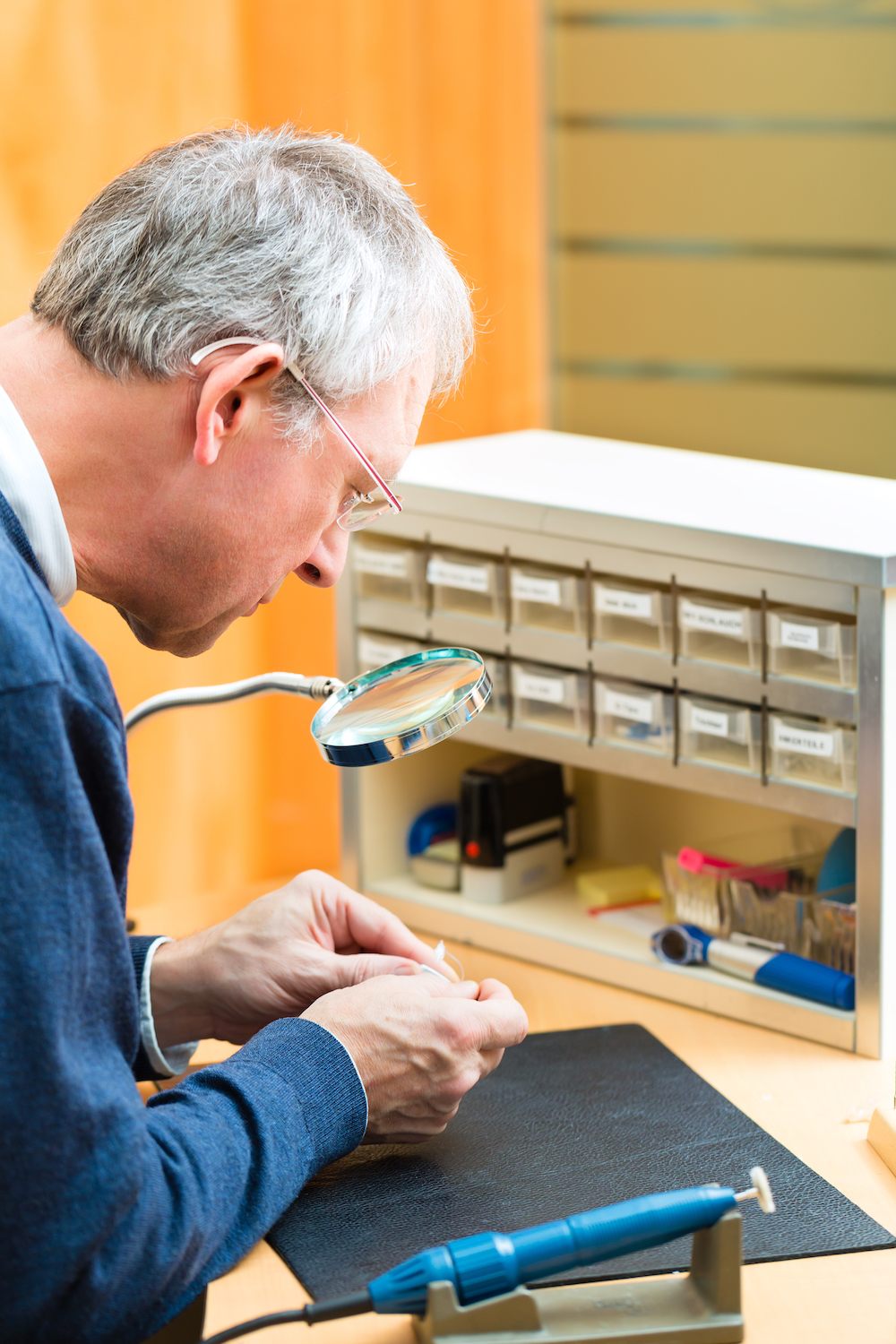The Causes of Acquired Hearing Loss
There are three main types of hearing loss. These are conductive,

By: admin | January 26, 2021
If you can hear a clicking, hissing, whooshing, buzzing or ringing sound in your ear that doesn’t appear to have an external cause, it’s likely you’re experiencing tinnitus. Despite being a relatively common condition, the exact cause of tinnitus remains unknown. However, this doesn’t prevent you from accessing effective treatment.
With the right management, your tinnitus symptoms can be drastically reduced and even eliminated completely. To learn more, look at the most common treatments for tinnitus now:
Tinnitus often occurs in conjunction with hearing loss, even if you don’t realize that your hearing function has been reduced. It’s believed that the absence of noise causes the brain to produce sounds of its own, such as the characteristic ringing, buzzing or whooshing that occurs with tinnitus.
For many people, hearing aids effectively reduce the symptoms of tinnitus by enhancing your hearing function. When you’re wearing hearing aids, your hearing function is greatly improved, which means your brain no longer needs to create sounds of its own. As a result, the symptoms of tinnitus can be substantially reduced or totally eradicated.
If you still notice the symptoms of tinnitus while wearing hearing aids, you may want to choose a hearing device that offers a dedicated tinnitus masking feature. These hearing aids emit a sound that effectively masks the noise associated with tinnitus and, therefore, minimize the symptoms you’re experiencing.
When you find it hard to ignore the symptoms of tinnitus, it can have a significant impact on your quality of life. If you can learn to tune the noises out, however, you can drastically reduce the effect tinnitus has on you. Tinnitus retraining therapy teaches you how to do this and, as a result, makes it much easier to live with the condition.
Before starting tinnitus retraining therapy, an audiologist will ask for information regarding your medical history and lifestyle. This will help them to establish which retraining methods will be most effective. Following this, your audiologist may ask you to wear a device behind your ear that produces noise. This helps to distract you from the sounds created by tinnitus and makes them feel less intrusive.
Tinnitus retraining therapy also involves learning effective relaxation techniques. By reducing your stress levels and relaxing more deeply, you should find it easier to overlook the symptoms of tinnitus, which means they have less impact on your day-to-day activities.
The symptoms of tinnitus can be more noticeable when you’re in a quiet environment, but sound therapy can help to eliminate them. If you have trouble getting to sleep because of tinnitus, for example, using a sound machine can distract you from your symptoms and enable you to get a good night’s rest. Similarly, if tinnitus makes it difficult to study or work in a quiet office, the use of sound therapy can be an effective and productive way to manage the condition.
Sound machines produce a variety of noises that override the sounds produced by tinnitus. Many people with tinnitus find that white noise provides an effective distraction from their symptoms, without causing further distraction. However, some sound machines offer a variety of noises, including natural sounds, like rain or waves, music or gentle speech. Experimenting with different sounds, settings and volume levels can help you to find the most effective way to reduce your symptoms.
When you find an effective way to manage your symptoms, it becomes much easier to live with tinnitus. In fact, many people forget they have tinnitus once they’ve discovered a symptom management plan that works for them.
As well as using professional treatments to manage tinnitus, you can also make lifestyle changes to reduce your symptoms. People with tinnitus sometimes notice that their symptoms worsen after they’ve been exposed to loud noises. By avoiding loud noise or wearing ear protection, you can ensure that your symptoms aren’t exacerbated. Similarly, both smoking and excessive stress can exacerbate tinnitus, so it’s advisable to quit smoking and practice stress reduction techniques in order to improve the condition.
If you’re experiencing any symptoms of tinnitus, it’s important to obtain a professional diagnosis from an audiologist. By doing so, you can ensure that potential underlying causes and conditions are ruled out or appropriately treated. If your tinnitus symptoms continue, an audiologist can help you to find the right symptom management techniques as you adjust to living with tinnitus.
To learn more about how El Paso Hearing & Audiology Center can help with your tinnitus, give us a call at 915-532-6935.

There are three main types of hearing loss. These are conductive,
By: admin | April 27, 2021

You have experienced hearing loss for a while now and have finally decided
By: admin | March 16, 2021

For anyone who has experienced any level of hearing loss, getting hearing
By: admin | February 24, 2021
